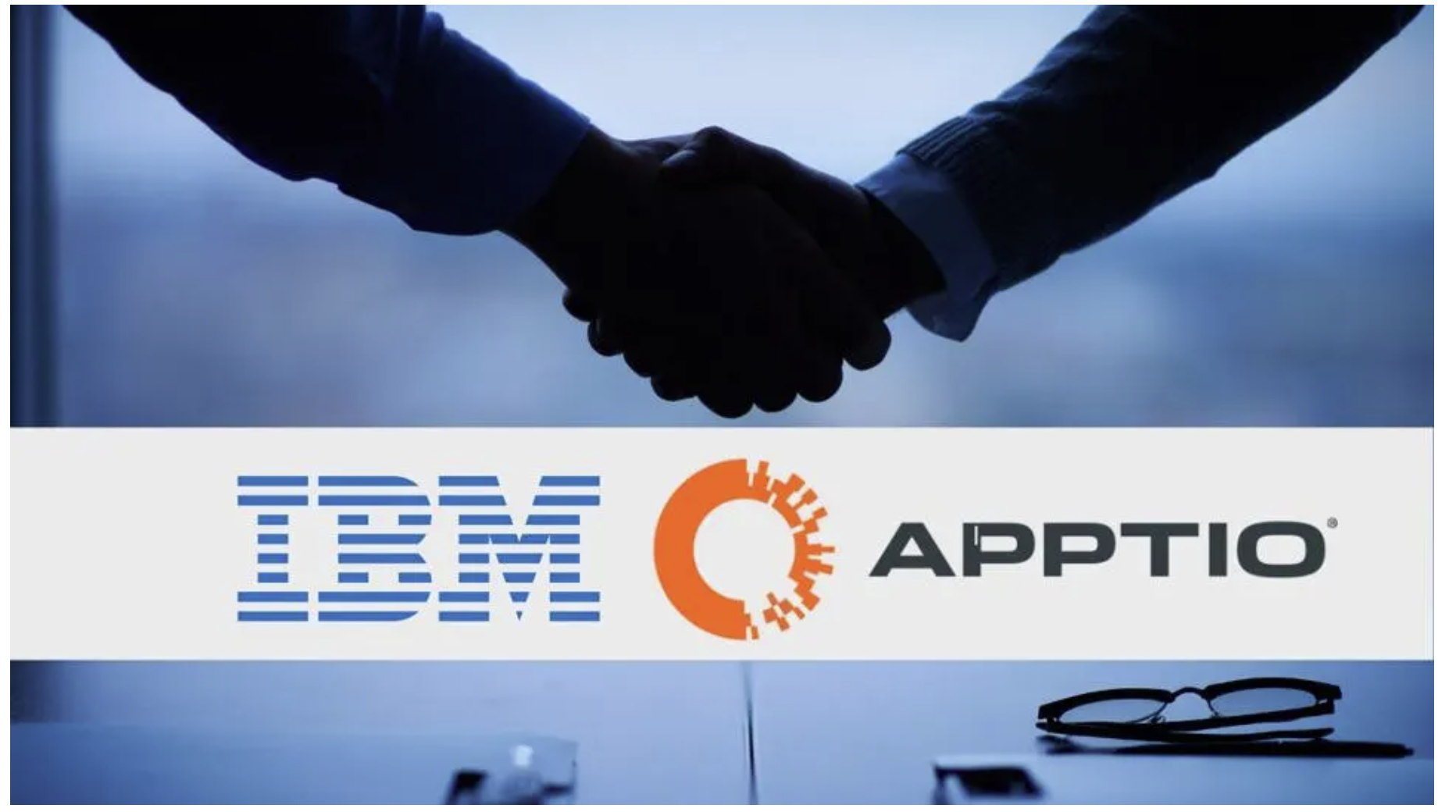With deeper insight into its sales data, customer product companies would be able to react more quickly to changes in the market – reducing risk and increasing profitability. For example, if you found a high number of returns of a certain product, you can quickly determine whether it is faulty, and cancel any outstanding manufacturing orders. This also helps to ensure warehouses are only stocked with high-quality, saleable items and improve inventory control.
Consumer goods used to rely heavily on decentralized reporting processes based on spreadsheets, which created a lot of concerns. Spreadsheets could not provide much security or version control. And they were created and edited manually, introducing a higher risk of error, and taking up valuable time that would have been better spent on analyzing data.
How Cresco Can Help You
with IBM Cognos Analytics
The ability to rapidly interpret a large amount of business data is essential to remain competitive. A solution for flexible, reliable data and faster response times is needed. Cresco International has been helping companies realize their growth objective scalability with IBM Cognos Analytics (also known as IBM Cognos Business Intelligence), which replaces previous spreadsheet reports with a single source of actionable insights.

with Predictive Analytics using IBM SPSS Modeler
In a highly competitive market, consumer goods companies should pay attention to new product development in order to survive. But when launching a new product, one question would always perplex the organization – what should be the right quantity for the first product, as well as for brand wholesalers and retailers – how many products should I order?
It is a hard decision. However, there are a more efficient and less costly ways to gain a better understanding of the product and ideas of the quantity that the organization should produce with pre-sales analysis. Many consumer goods companies look into big data and analytics to see how technology can play an important role in new product introduction.
To determine what type of product is more likely to succeed, we start by identifying critical characteristics and attributes that describe products in specific market categories. Then we find market data that informs you about historic sales of particular products; run this data to identify what types of attributes describe best-selling and fastest growing products. Third, we create a data model within SPSS to measure how much product success is driven by each specific attribute.
With our MaaS offering, you can choose to use any part or the complete model which is customized to your data, even historical data. Check MaaS here!
with IBM Cognos TM1
To keep up with fast-moving industry trends, consumer product companies may need to change their sales planning and forecasting strategy as more and more competitors pick up the EDLP (everyday low price) concept. What is the behavior behind consumer purchases? This question needs to be answered with new data sources and technologies to measure the impact, as well as new ways to increase the effectiveness and consistency of trade marketing rather than simply repeating previous approaches.
At this stage, companies are looking forward to analyzing a growing volume and variety of data to improve sales planning, execution and measurement, possibly down to the store level. We all know that more data and better insights can help to collaborate more efficiently with retail partners, allocating resources for the right trade programs. But with rapid growth, the current planning and forecasting solution you have is possibly reaching its limits.
With IBM Cognos TM1, sales planning and forecasting is easy.

IBM Cognos TM1 enables users to build a single model that is not only sophisticated enough to handle the complexities of multiple markets, but also flexible enough to adapt to changing needs. It is a scaleable solution that can handle huge amounts of data. Instead of different information sources, now all data, for example, models, makes, contracts and currency rates, is collected to a central data warehouse before analysis. And all necessary data will be sent to TM1 before the planning processes begin to avoid information duplication and independence.
Another important advantage of IBM Cognos TM1 is that users can easily create various ‘what if’ scenarios. The software offers a number of ready-made options for these scenarios and companies can gain a better insight into its planning history as well.
In Conclusion
As IBM premium business partner, Cresco International concentrates on leveraging the latest IT solutions to addresses these challenges. We have been helping consumer product companies gain insights out of wealthy consumer data and optimize the business value through introducing IBM Business Analytics software and our custom offerings.
Get in touch today to get started to leverage our expertise for your success and growth!












